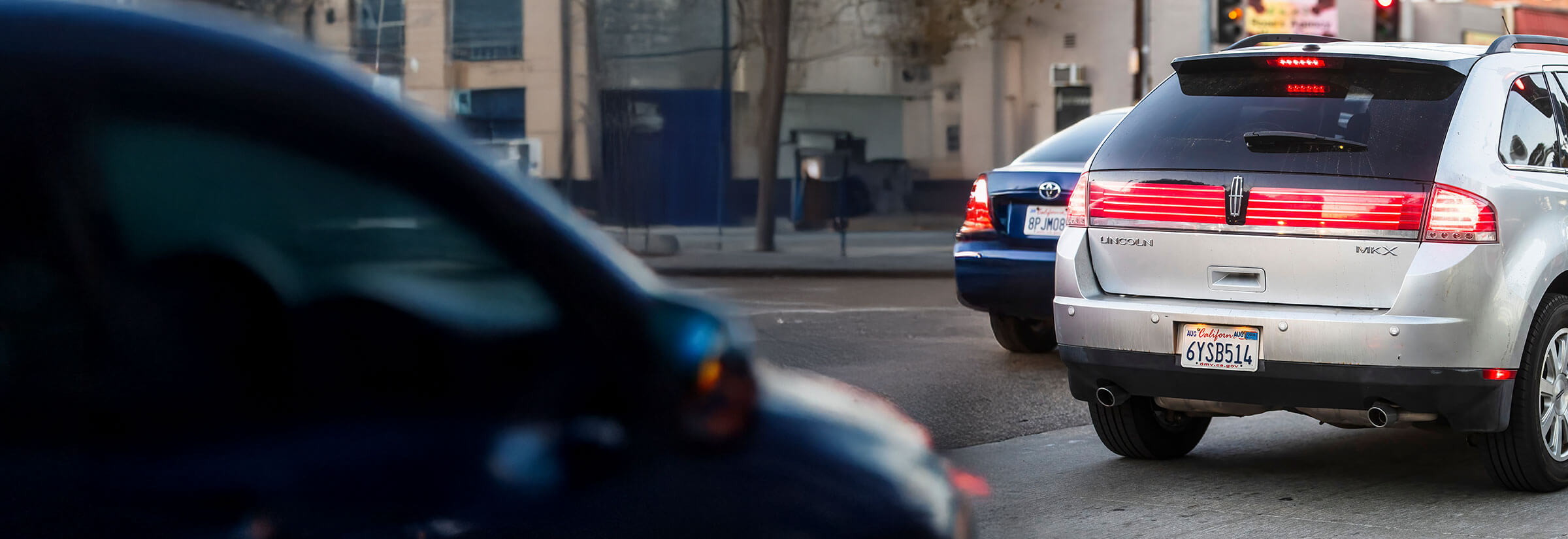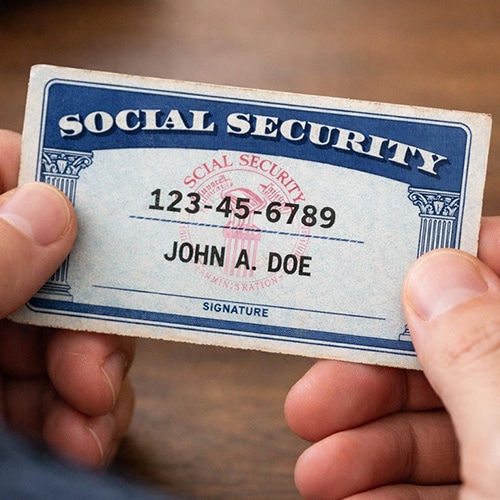Imagine waking up to find your car seized, your mailbox full of fines, and authorities convinced you’ve been speeding through cities you’ve never visited. That’s exactly what happened to one UK man after someone had cloned his license plate.
License plate cloning can leave responsible drivers wrongly penalized while the real offenders vanish into traffic. Below, we’ll break down how plate cloning works, the red flags to watch for, and how to protect your number from theft.
What is license plate cloning?
License plate cloning, also called number plate cloning, is a type of identity theft where someone illegally duplicates your plate and puts it on another vehicle, usually the same make and model. This allows them to avoid detection, while you wrongly receive the resulting fines or violations.
Why fraudsters clone license plates
Criminals clone license plates to avoid paying tolls, parking fees, and traffic fines. By copying a plate from a similar vehicle, they can bypass enforcement systems like red light cameras or toll readers without being held accountable. The real owner, meanwhile, is left dealing with unexpected penalties.
Cloned plates also help bad actors to conceal more serious crimes. Stolen cars, drug transport, or getaway vehicles may carry fake plates to avoid detection and delay investigations. Because license plate recognition systems rely on accurate registration data, cloning helps criminals blend in and operate without drawing attention.
Watch out for these license cloning red flags
License plate cloning often goes unnoticed until the fines, tickets, or insurance issues start piling up. While some cases are caught early, others snowball into months of stress and paperwork. Knowing the warning signs can help you act quickly and avoid long-term consequences.
A few red flags that someone may have cloned your license plate:
- You receive fines or tickets for places you haven’t been.
- Notices arrive for tolls, parking, or traffic violations you didn’t commit.
- You’re contacted about accidents or crimes involving your vehicle, but it wasn’t you.
- Your insurance premium suddenly spikes due to violations on your record.
- Law enforcement stops you for activity you’re unaware of.
- You spot discrepancies in surveillance photos (wrong trim, missing decals, etc.).
- Your car was parked, off the road, or in a different city at the time of the violation.
One Reddit user shared how they returned from vacation only to be accused of a hit-and-run in a city they’d never visited. Although their car had been parked at home the entire time, the insurance investigation dragged on.
Months later, they received a wave of parking tickets and a second injury claim tied to the same area. It wasn’t until they went to the police and provided photo evidence that they confirmed someone had cloned their plate.
How to protect against license plate cloning
While you can’t control what fraudsters do, you can make it harder for them to target your plate. Here's a closer look at how to prevent number plate cloning:
- Secure your license plate with anti-theft screws: These screws make it harder for someone to remove your plate and duplicate it for illegal use.
- Avoid posting photos of your car online: Your digital footprint can give criminals everything they need to clone your plate. Photos you post on social media that show your license plate, especially when tagged with your location, make it easy for fraudsters to copy it.
- Park responsibly: Parking in visible, monitored locations reduces the chance someone can tamper with your vehicle or plates without being noticed.
- Monitor where your plate number appears online: Identity theft protection services, like LifeLock, alert you if your license plate number shows up on the dark web, giving you a heads up that you're at risk of license plate cloning.
Your license plate was cloned, now what?
If someone has cloned your license plate, report the fraud and notify the right authorities to protect your driving record. Taking the following steps can help clear your name and prevent further issues:
- File a police report: Report the cloning to your local police to establish an official record and assist in investigations.
- Notify your DMV: Alert the DMV to flag your vehicle’s record and get guidance on next steps.
- Contact your insurance company: Inform them about the fraud to avoid wrongful claims and premium increases.
- Keep detailed records: Save copies of police reports, correspondence, and any evidence related to the cloning.
- Appeal fines or tickets: Challenge penalties by proving you were not involved in the violations.
- Regularly monitor your vehicle record: Check for unexpected tickets or incidents that could signal ongoing cloning.
Stay one step ahead of plate clones
License plate cloning can cost you a clean driving record and peace of mind. Knowing the red flags and taking proactive steps helps you avoid this type of fraud.
For added protection, try LifeLock with a 30-day free trial to monitor if your information appears on the dark web. This proactive approach helps you respond quickly to threats and keep your identity and your plate secure.
FAQs
Is license plate cloning a form of identity theft?
Yes, license plate cloning is a form of identity theft because it involves using your vehicle’s identity, specifically your license plate number, to impersonate you.
Will the DMV replace a cloned license plate?
Yes, the DMV can replace a cloned license plate. Once you report the fraud and provide documentation, such as a police report, they may issue you a new plate and update your vehicle’s records to help prevent further misuse. Requirements vary by state, so check with your local DMV for specific steps.
Can license plate cloning affect my driving record?
Yes, license plate cloning can affect your driving record. If someone uses a cloned plate in traffic violations or crimes, those offenses may be wrongly linked to you, potentially resulting in fines, points on your license, or increased insurance premiums until the issue is resolved and your name is cleared.
What’s the difference between license plate cloning and VIN cloning?
License plate cloning involves copying your license plate and placing it on a similar vehicle to avoid detection, leading to fines or violations wrongly linked to you.
VIN cloning is more serious. It involves copying your car’s Vehicle Identification Number (VIN) and assigning it to a stolen or salvaged vehicle, giving that car a fake identity. While plate cloning affects traffic records, VIN cloning can impact ownership, insurance, and resale.
Editor’s note: Our articles provide educational information. LifeLock offerings may not cover or protect against every type of crime, fraud, or threat we write about.
Start your protection,
enroll in minutes.
LifeLock is part of Gen – a global company with a family of trusted brands.
Copyright © 2026 Gen Digital Inc. All rights reserved. Gen trademarks or registered trademarks are property of Gen Digital Inc. or its affiliates. Firefox is a trademark of Mozilla Foundation. Android, Google Chrome, Google Play and the Google Play logo are trademarks of Google, LLC. Mac, iPhone, iPad, Apple and the Apple logo are trademarks of Apple Inc., registered in the U.S. and other countries. App Store is a service mark of Apple Inc. Alexa and all related logos are trademarks of Amazon.com, Inc. or its affiliates. Microsoft and the Window logo are trademarks of Microsoft Corporation in the U.S. and other countries. The Android robot is reproduced or modified from work created and shared by Google and used according to terms described in the Creative Commons 3.0 Attribution License. Other names may be trademarks of their respective owners.





